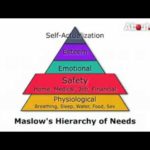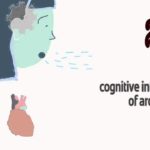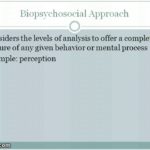Category: Phenomena/concepts/terms
Psychophysiology
Psychophysiology is an area of psychology focusing on measurable physiological aspects of psychological phenomena.
Intelligence Testing
Intelligence testing refers to the use of standardized tests as tools for measuring and assessing intelligence. Mental testing was first used in China in 605 AD as part of the imperial examination system. Intelligence testing was utilized in France in … Continue reading →
Personality Inventories
“Personality Inventory” is a term referring to personality assessment tools in general, in which questionnaires are used to measure aspects of personality.
Maslow’s Hierarchy of Needs
The concept of a hierarchy of needs was presented by American psychologist Abraham Maslow in 1943, and developed further during his career. The idea states that we have at least five sets of basic need categories: physiological, safety, love, esteem, and self-actualization. … Continue reading →
Schachter and Singer Two Factor Theory of Emotion
The Schachter and Singer two factor theory of emotion was presented by researchers Stanley Schachter and Jerome E. Singer in 1962. The theory suggests that emotional states contain two components, one physiological and one cognitive. In the case of experiencing physiological arousal … Continue reading →
Barognosis
Barognosis is the ability to judge differences in the weight of objects.
Binding Problem
The binding problem is a concept which is and has been of interest to cognitive scientists, neuroscientists and philosophers alike. In its most basic form, at least one approach to the binding problem asks the question: “How does the brain … Continue reading →
Biopsychosocial Model
The biopsychosocial model is a long-standing approach both in medicine and psychology, which integrates biological, social and scientific paradigms in the assessment and treatment of mental illnesses.
Beneficence Principle
The beneficence principle refers to an obligation that researches have to take into consideration the benefits and harms that are likely to be incurred in proposed studies, and to strive to maintain a reasonable balance between these.
Sleep Deprivation
There is little evidence that total sleep loss, even for several days, produces any permanent or severe physical or psychological damage in humans. Much of our knowledge of the effects of lack of sleep over longer periods comes from research … Continue reading →









